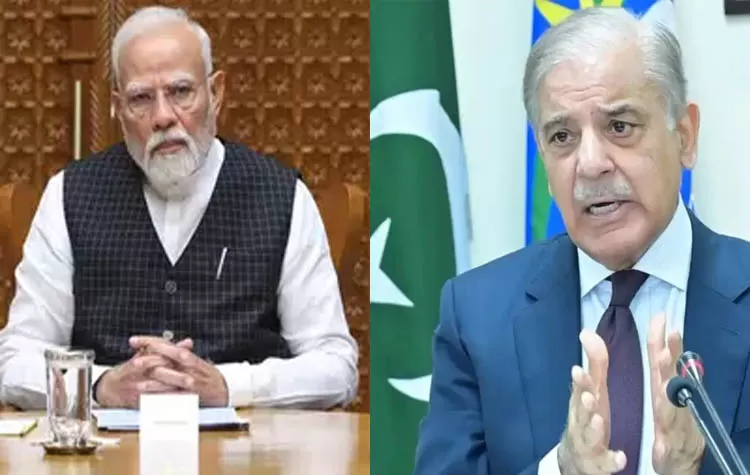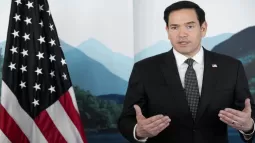
In a strong diplomatic response to the recent terror act in Pahalgam, Jammu and Kashmir, India has responded strongly against Pakistan, both in the cyber world and officially through diplomatic channels. On the government's instructions, the official 'X' (previously Twitter) handle of the Government of Pakistan has been denied access in India. This is India's outright rejection of cross-border terrorism and reflects a broader shift in bilateral relations.
The suspension followed a request made by the Ministry of Electronics and Information Technology (MeitY) to the social media giant, which had the effect of making the account inaccessible to users in Indian territory. The step is one of a series of wider steps taken by New Delhi in response to the attack.
Immediate Diplomatic and Security Response
After the Pahalgam civilian attack, the Indian government convened an emergency meeting of the Cabinet Committee on Security (CCS) with Prime Minister Narendra Modi chairing the meeting. During the meeting, officials debated national security protocols and resolved that Pakistan's continued support of cross-border terrorism would not be tolerated. Reponse, the Indian government instantly moved to restrain diplomatic engagement with Islamabad by commencing with symbolic but significant gestures like freezing Pakistan's official X account in India.
Suspension was done after a formal compliance request by MeitY on the platform. As a result, Indian users are no longer able to view posts or content of the account. It is intended to deprive access to stories interpreted as encouraging or condoning terrorism. This action also indicates India's desire to diplomatically isolate Pakistan until its anti-terror approach changes.
Treaty and Border Control Measures Enforced
Putting more pressure on it, India has even put on hold the enforcement of the Indus Waters Treaty temporarily. Originally intended to facilitate amicable sharing of water between India and Pakistan, the treaty was put on hold as a diplomatic protest gesture in response to inaction from the Pakistani government on terror groups located on its terrain. The treaty obligations will come back into practice only when real progress is visible in containing extremist activities, it has been indicated by the authorities.
Apart from suspending treaties, New Delhi also closed the Attari border post—a key entry point of land trade and tourism between India and Pakistan. Also, Pakistani diplomats stationed in India have been designated as persona non grata. These diplomats were given a week's time to leave the country. These steps are consistent with India's stated policy of zero tolerance for terror, standing in affirmation of the country's firm line on internal security and foreign policy.
Digital Platforms and Policy Enforcement
India's move to shut down Pakistan's official online presence in the country is just one in a series of efforts to limit platforms from being utilized for geopolitical communication, based on the government. The government previously requested social media platforms to comply with national security demands, and this newest effort continues that trend. Opponents say it will intensify tensions, but officials assert national security concerns must take precedence over diplomatic etiquette.
The action creates a clear precedent of what India would prefer technology companies to undertake when handling security issues and foreign-state messaging considered hostile. MeitY also reiterated that other accounts or items of content crossing Indian sovereignty or spreading misinformation would be addressed. This is part of an evolving paradigm where digital policy becomes applicable with national defense increasingly often.














